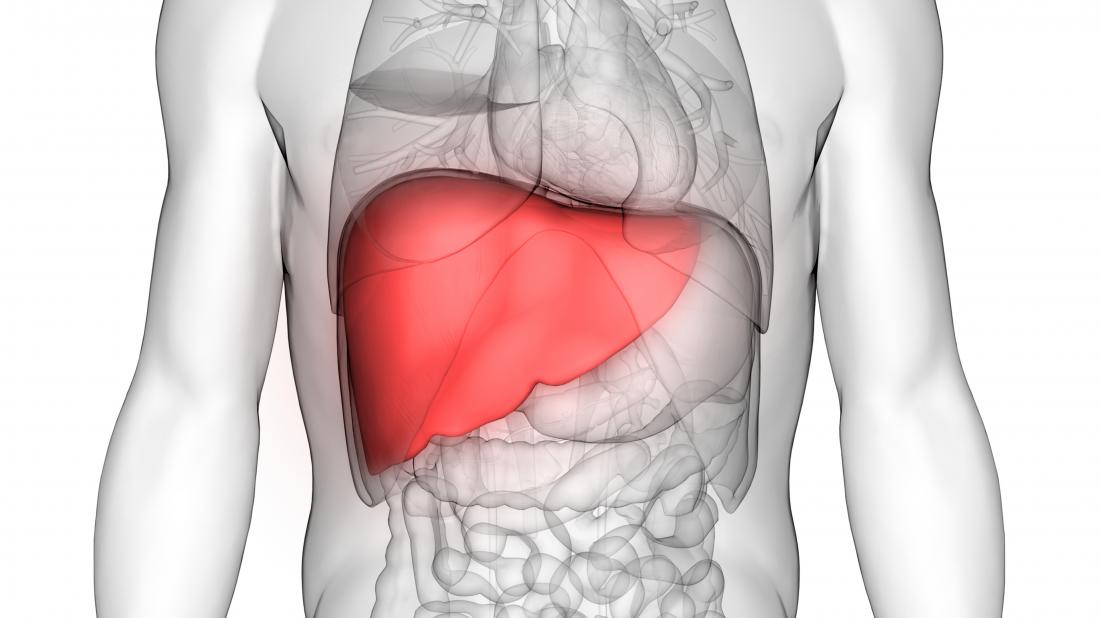What is Liver Transplant Surgery?
Liver transplantation is a procedure in which a non-executive liver is removed from the surgery as a result of the liver failure and is replaced with a full or partially healthy liver. When taking liver cancer surgery, if it is known that the liver function has worsened very much, then it is very important to have liver transplantation, because removing only the affected area can lead to liver failures. For transplantation, the liver can be taken from living or dead donors.
Since no device or machine can work reliably in the liver, transplantation is the only option for patients who have lost their liver.
Patients who require liver transplants usually suffer from acute or chronic liver failures. Generally, liver transplants are reserved as an alternative treatment for patients with severe complications, such as end-stage chronic liver disease. Liver failure is suddenly a rare situation.
When the Need for Liver Transplant Surgery?
Liver transplantation is done as a substitute for the treatment of liver failure in patients whose condition can not be controlled by other treatments. It is also used for the treatment of people suffering from liver cancer.
Liver failure is of two types: Acute Liver Failure or Fulminant Hepatic Failure in which sudden or quick (in a few weeks) the liver function fails and it is usually caused by the malfunction of the liver caused by medicines or Due to damage.
Although liver implants are used in the treatment of acute liver failure, most of it is used in the treatment of chronic (liver) failure. Chronic liver failure occurs in several months or years.
Due to different conditions, there may be chronic liver failures. The most common reason for this is symbiosis, a process in which scar tissue replaces normal liver tissue and can lead to worse liver function. Sirohosis is the frequently cited reason for liver transplantation.
The main causes of cirrhosis that require liver failures and ultimately liver transplants are as follows:
- Hepatitis B and C
- Alcoholic Liver Disease
- Nonalcoholic Fatty Liver Disease
- Diseases affecting the Bile Duct; The Biliary Circulation, Primary Sclerosing Cholangitis, and Biliary Atresia. Bile disorder is the most prominent cause of liver in children.
- Genetic diseases affecting the liver, including Hemochromatosis and Wilson’s Disease.
Symptoms of Liver Failure due to cirrhosis:
- Black stool
- Vomiting
- Water in the stomach (Ascites; Ascites)
- Drowsiness and mental illusion
- Excessive bleeding from minor lesions
- jaundice
- Kidney dysfunction
- Excessive fatigue (read more – home remedy for fatigue reduction)
- Decrease in hemoglobin and other blood counts
Liver transplantation can also be used in the treatment of many Liver Cancer (Primary Liver Cancer) arising in the liver.
Preparation for Liver Transplantation Surgery
To prepare for surgery, you have to take care of some of these things and as per your doctor, you must follow the advice:
- Tests Before Surgery
- Anesthesia Testing Before Surgery Before Surgery
- Surgery Planning
- Medication Before Surgery Before Surgery
- Fasting Before Surgery Before Surgery Before Fasting Before Surgery
- Day of Surgery
- General Advice Before Surgery
- Finding the Donor for the Transplant
There are 3 types of implants: Living donor transplant of living person (usually family member), a dead (recently) person’s lip transplant, or split donation, in which the dead person Let the liver of two parts (right and left) implant in two bodies (one left and one adult) (large part of the adult body and the small part in the body of the child) (Split Donation).
After tests and other evaluation, the patient is placed in the waiting list for Cadaveric Donation, or if a donor whose blood group matches the patient’s group in the family and is ready for the transplantation. Transplantation is planned when the results of the investigation are favorable for his donation.
During waiting for the Deceased Donor, the patient continues to follow up with the transplant team until a suitable liver is available. If symptoms of deterioration in the condition of the patient appear, then the family is generally asked to consider donating a liver.
How to Liver Transplant Surgery?
If you are told that if a liver donor is available, you will have to come to the hospital at the same time. You will be admitted to the hospital and your health will be checked before surgery, to ensure that you are ready for surgery.
Transplant Surgeon creates a long incision (to reach the liver) in the patient’s stomach. The shape of the incision depends on your physical appearance and the surgeon’s perspective.
The surgeon removes the blood supply and the bile vasika in the liver and then the diseased liver is removed. After this, instead of the actual liver, the donor’s liver is placed in place and the blood supply and the bile vasika are added again. The time of the surgery depends on your situation. Surgery may take 6 to 18 hours.
After this, the incision is sealed with the help of surgical threads and staples. After this, you will be kept in the Intensive Care Unit (ICU).
If the liver is being taken from the living body, then some part of the donor’s liver (40-70%) is taken, not the full liver. In this case, the first doctor performs an operation of the donor, in which the portion of the donor’s liver is removed. This surgery lasted three to four hours.
After this, the liver is implanted in the patient’s body, through the procedure of surgery to apply the implanted liver by the aforementioned dead donor.
Both donors and recipients have the regeneration of the liver in the body. It takes a few months. The size of the liver and expansion area becomes like a normal liver.
Liver transplant cost varies according to the health center, medical doctor charges and medical condition of the patient.

